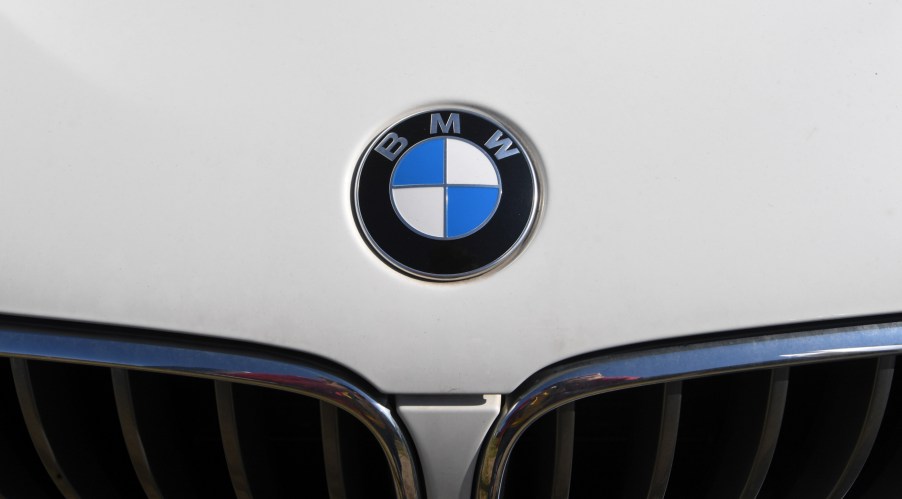
BMW Settles Legal Woes: Pays $18 Million Fine for Inflated Sales Figures
The luxury segment of the automotive industry is a race to the top. Prestigious clientele wants the best of the best, and manufacturers are motivated to prove superiority. BMW and its competitors view sales as a major indicator of such success. However, BMW has recently been under fire from the SEC for inflated sales figures.
According to Kimberly Chin of the Wall Street Journal, BMW agreed to settle the matter by paying an $18 million fine without admitting or denying any wrongdoing.
But how did the situation come to this, and why would an industry icon like BMW use misleading sales figures in the first place?
Swinging for the fences

An SEC regulator claimed BMW had participated in sales inflation from 2015-2019 by utilizing sale punching.
An earlier Wall Street Journal report by William Boston and Mike Colias described the practice by saying, “Sale punching occurs when a company boosts sales figures by having dealers register cars as sold when the vehicles actually are still standing on car lots.”
By participating in this exercise, the company is accused of having provided misleading data by having pumped up its internal sales number. According to Reuters, BMW reported record sales of 2.5 million vehicles in 2019, which led all luxury automakers.
Agreeable terms are reached
BMW’s cooperation with the investigation played a significant factor when it came to the final agreement between the company and the SEC. The Wall Street Journal noted how this goodwill with the SEC resulted in a lighter fine.
As part of the agreement, the company will “cease and desist from future violations,” the SEC told the Wall Street Journal.
BMW isn’t the only manufacturer to have come under fire for sales inflation. The Wall Street Journal’s report calls back to when Fiat Chrysler paid a $40 million fine for paying its dealers to exaggerate sales figures.
What’s next for BMW?

September has been quite a hectic month for BMW. The manufacturer is also dealing with a recall for a fire risk associated with loose welding beads on certain 2020 and 2021 plug-in hybrid models.
The SEC’s fine and the latest plug-in hybrid recall won’t be a gut-punching blow to the industry giant. However, this certainly isn’t the type of month BMW was hoping for during an already difficult year.
However, a brighter future is on the horizon for the German automaker. The upcoming launch of the redesigned 2021 BMW M3 and 2021 BMW M4 is generating buzz, and many will flock to dealerships to.
The final verdict
Going forward, BMW will do well to fly under the radar of the SEC. After accusations of tampering with its sales figures, BMW threatens to diminish the prestigious branding it has built over generations.
The German automaker will likely try to stay on the straight and narrow after receiving criticism for its recent actions. Thankfully, it’s already ahead of the game with its quick response to the fire risk in its 2020 and 2021 plug-in hybrid models.
There’s likely to be much intrigue as Q3 sales reports are quickly approaching. Many will be interested to see how BMW performs during one of the most unpredictable years in history.


